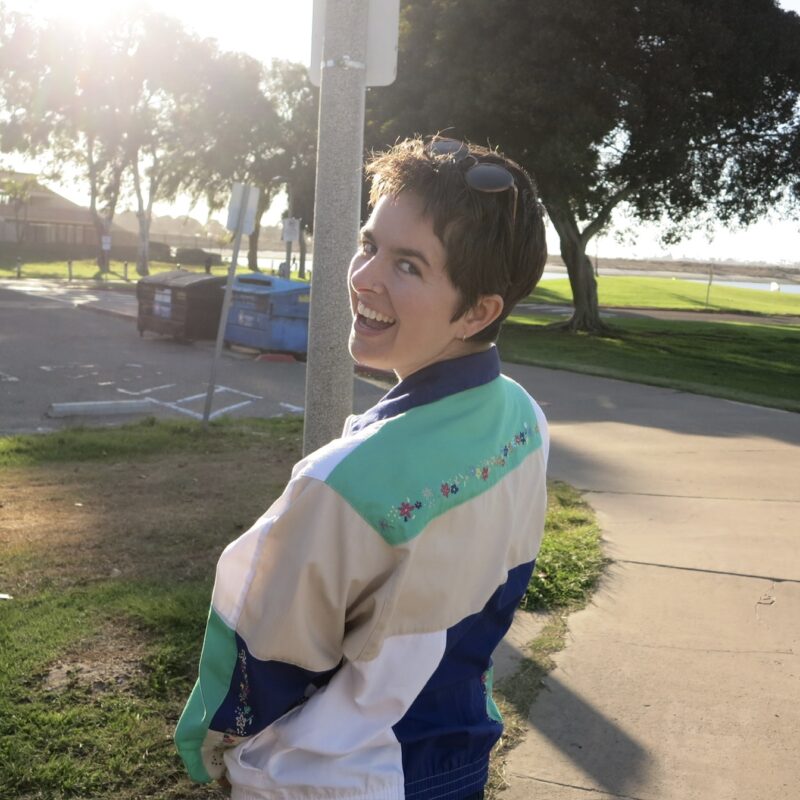The Cold War Kids are kind of like leftovers from a good restaurant in the back of your fridge. You remember them being tasty, but you forget to eat them for a while, and then you start to wonder if they’re any good anymore.
If only old leftovers could produce an album like the Kids’ latest, Dear Miss Lonelyhearts, a blues- and soul-inflected rocker highlighted by glimpses of catchy jangle pop.
“We’re still finding out what we do well,” said Nathan Willett, the Cold War Kids’ front man and principal songwriter who’ll lead his band into The Jefferson Theater on October 29. “After the first couple of records, we realized there were a lot of other bluesy rock bands we had a lot in common with. We decided to kind of take a different turn.”
So how did the old college friends from California become leftovers in the first place? It all started when “Hang Me Up to Dry,” the first single from the 2006 LP Robbers and Cowards, cracked the Billboard Top 200 and popped up on radio stations across the country. The successful single was riding a wave of critical acclaim for the Kids’ three previously released EPs, and the quartet looked like they’d be the next underground band to make it big.
Then they got put in a doggie bag by the tastemakers at notorious indie website Pitchfork in the form of a scathing album review.
“Pitchfork certainly did backlash on us,” Willett said. “That became something we had to deal with. It has become part of the story of the band.”
In addition to calling the Cold War Kids derivative and lyrically heavy-handed, the website all but pigeonholed the band as a Christian rock group based on some of the imagery Willett used in Robbers and Cowards. It was a particularly harsh blow for the college literature major who has a self-professed “love of words and poetry.”
Pitchfork hasn’t changed its tune on the Cold War Kids, and they’d almost certainly disagree that the band has gone in a different direction from more popular blues-rock outfits like The Black Keys. But the Kids added some new firepower two years ago from former Modest Mouse guitarist Dann Gallucci, and the band’s arrow seems to be pointed up again. The opening single from Dear Miss Lonelyhearts, “Miracle Mile,” charted as high as number 22 on Billboard’s alternative chart.
“Miracle Mile” is a good opener, and one of the poppiest numbers on the new album, but the best example of songwriting on Dear Miss Lonelyhearts is likely “Tuxedos,” a desperate yarn about wedding-goers that puts to bed some of the criticism of Willett’s lyrical shortcomings.
“I think about eyes that watch you/I think about changes I’ve made,” he wails. “I think about all this fancy food going down the drain.”
Willett still prickles about the Pitchfork backlash and has grown beyond tired of the criticism of his lyrics and suggestion that the Cold War Kids are pushing some kind of Christian agenda. But that doesn’t mean he plans to change the things that led to the notion in the first place—the band’s soulful side (Willett said he tries to emulate singers like Nina Simone) or its transcendent lyrics.
“There are spiritual elements to our songs,” he said. “There is a longing, a soul searching happening. They’re not just songs about finding love.”
Willett said most Cold War Kids songs start with a riff or meandering jam and grow from there, with the lyrics being added last “most of the time.” He thinks the most successful numbers are inflected with a little bit of each band members’ personality.
“We like to take different pieces of music that everyone has touched in some way,” he said. “Then I will come in and do my stuff, write all the lyrics and do what I do.”
It’s an organic songwriting process for an organic band. None of the three original members, Willett, bassist Matt Maust, or drummer Matt Aveiro, had toured seriously before they started the Cold War Kids as a hobby. In a way, Willett said they weren’t even trying to make anything happen when all of a sudden they were producing EPs and touring professionally.
The group is rounded out on the road by multi-instrumentalist Matthew Schwartz and has always taken a DIY approach to promoting itself, as well.
“Since the beginning of the band, we have always done our own stuff,” Willett said. “Our bass player Matt Maust does all the album artwork, and he has been super active online in the past.”
More recently, Willett said the Kids have veered away from hitting the Internet hard for promotional purposes. Now, it’s just about touring and putting a high-energy live show in front of new audiences.
“Touring is a tough way to do it,” he said. “You can’t just do it constantly.”
Fortunately, blues rock has proven to be successful in the studio and in front of an audience, exemplified by musicians like Jack White, who Willett says has been hugely influential.
“It is amazing music,” Willett said. “It is music that, in some ways, is just more universal than anything else.”





